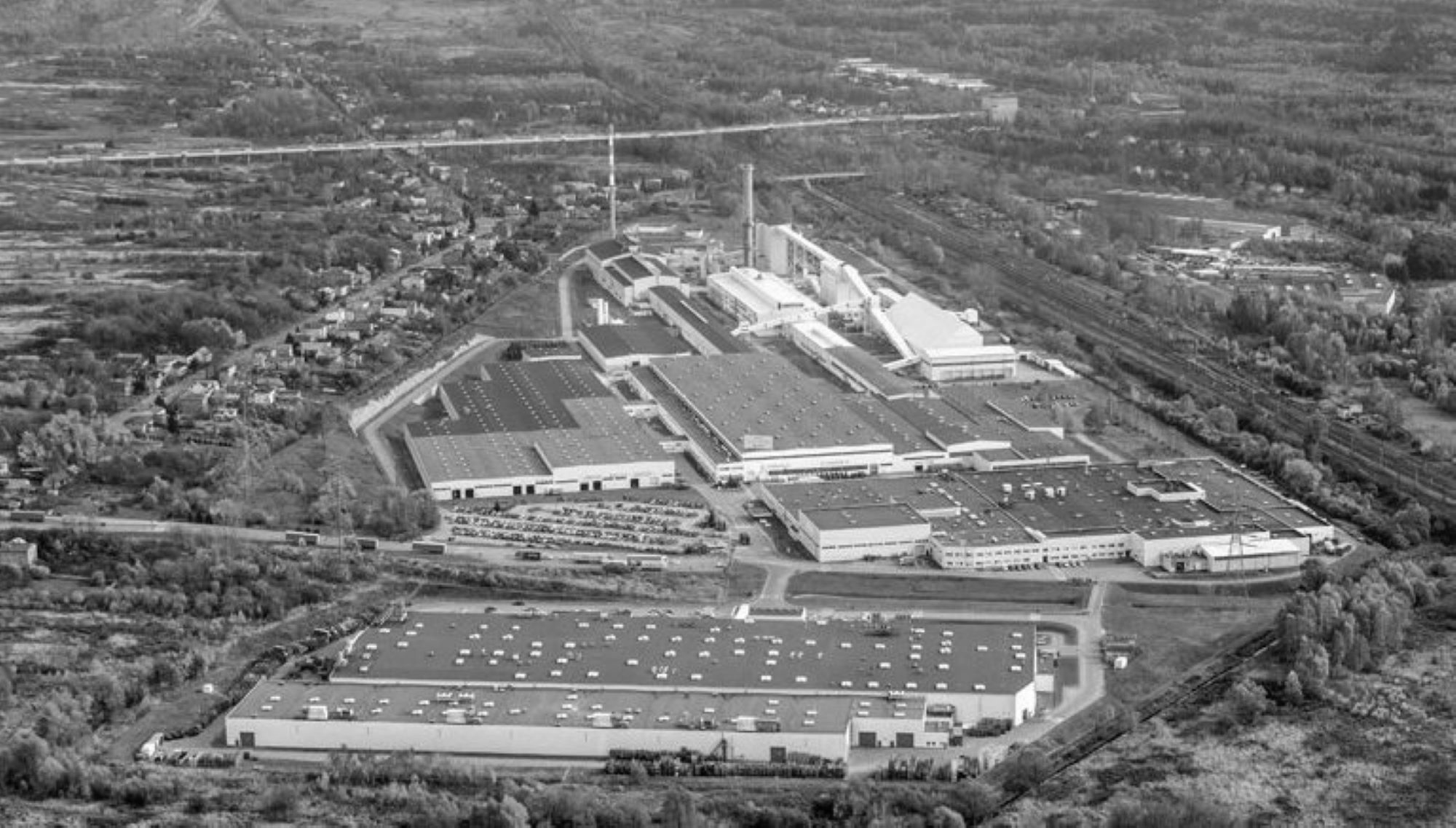On 29 November, EU institutions have reached an agreement for a revision of the Industrial Emissions Directive. This directive is very important for flat glass manufacturers. It sets conditions for the obtention of permits to operate industrial installations of importance, such as a float glass melting plant. It therefore acts as a license to operate for the industry. It also drives manufacturers’ efforts to reduce pollutant emissions from their facilities by promoting and prescribing the use of certain manufacturing technologies.
Glass for Europe has been actively involved in the discussion around a revised regulatory framework since the European Commission unveiled its proposal in …. Together with other glass sectors regrouped in Glass Alliance Europe, Glass for Europe promoted an approach that carefully combines incentives for the reduction of pollution and sufficient flexibility for the integration of new technologies, including the potentially disruptive ones that may be needed to cut CO2 emissions. As an example of the necessary flexibility, Glass for Europe advocated for the maintenance of ranges when defining Best Available Technologies Associated Emission Limits (BAT-AELs) to adjust for industrial and local realities. A better articulation of the newly proposed Transformation Plans with existing Environmental Management Systems was also suggested.
While a final agreement was reached yesterday, the exact text of the new directive is not yet available. As complexities may lay in exact wordings and formulations, Glass for Europe reserves its comments on the new text until a thorough assessment can be conducted. First indications are that some of the concerns voiced by the glass industry have been heard and potentially addressed by the co-legislators.
As soon as the final text is available, Glass for Europe will share more information with its members to envisage together how this new directive will impact the definition of a revised ‘Glass BREF document’ that will operationalize the new directive’s provisions for the glass industry. The Glass BREF revision process is expected to start in 2025. Glass for Europe is therefore satisfied that an agreement could be found as of now to provide more visibility and certainty to industrial operators.



